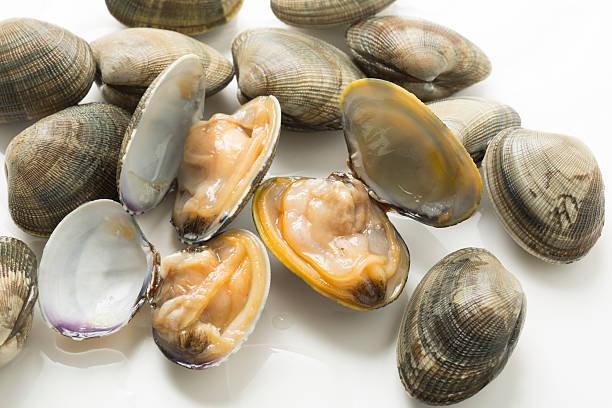Littleneck Clams: The Essential Ingredient for a Delicious Meal
When you think about it, seafood New Zealand Mussels are one of the most bountiful and delicious foods on the planet. From tiny plankton to giant bluefin tuna, nearly every kind of marine life is available in abundance, with many different cuisines dedicated to celebrating them. If you’re not a seafood lover yet, it’s time to start thinking differently. Even if you aren’t familiar with the nutritional benefits of some foods, when it comes to taste, there’s simply no beating fresh seafood. So why not explore all that this bounty has to offer? From crawfish and oysters to shrimp and scallops, greenshell Mussels are a popular choice for virtually any coastal meal or side dish — but just as quickly forgotten about once that meal is over. But this shouldn’t be the case for anyone who loves eating seafood and isn’t afraid to venture out of their comfort zone from time to time.
Below we will outline several of the benefits Littleneck Clams have on your body as well as give you some tips for cooking them more often in order to eat more of them while doing so!
What Are the Nutritional Benefits of Eating Littleneck Clams?
Clams are extremely nutritious, and they are a great addition to your diet in many ways. For one thing, they are low in fat and sodium. Also, they are a good source of iron and zinc. They are also a good source of B Vitamins, iron, zinc, manganese, and protein. B Vitamins are very important for many things: energy metabolism, healthy immune system, and metabolism of fatty acids. Zinc is a mineral that is very important for skin, immunity, metabolism, and growth. Iron is very important for metabolism and red blood cells. Manganese is a mineral that is important for metabolism, healthy immunity, and protein synthesis.
Excellent Source of Seafood Shellfish in New Zealand
Although most seafood such as shellfish in New Zealand is high in fat, clams are an excellent source of protein. While they are not very high in calories, they are high in quality protein and minerals, making them an excellent addition to a low-calorie diet. Since protein is necessary for maintaining muscle mass, it is particularly important to athletes trying to lose weight.
They Have a Source of B vitamins
Along with iron and zinc, which are essential minerals, B vitamins are essential co-factors in metabolism, eye health, and inflammation. In fact, they are so important that they are sometimes referred to as “the energy vitamins” because they have a central role in many bodily functions. Specifically, B vitamins are involved in energy metabolism, immune system health, and skin health, to name a few.
They Have Plenty of Minerals and Vitamin D
Clams are a low-calorie, nutrient-rich food that is an excellent source of many minerals and vitamins. They are an excellent source of Vitamin D, which is especially important for those who avoid sunlight because it is essential for healthy bones. Vitamin D is also important for immunity, muscle function, and regulating blood pressure. Another mineral present in high amounts in clams is iron, a mineral that is essential for red blood cells and immunity. While iron is a crucial supplement for many people, it is especially important for vegetarians and women who are menstruating because it is essential for producing protein and building new cells.
They Have Good Amounts of iron and zinc green mussels in New Zealand
Although iron is one of the most commonly supplemented minerals, it is also very abundant in clams and green mussels in New Zealand which makes it a great addition to the diet without the high risk of iron overload. Zinc, on the other hand, is essential to many functions in the body, including growth and immunity. Additionally, both iron and zinc are important for cell metabolism and the metabolism of carbohydrates and protein. They also play an important role in the metabolism of fats, which is especially valuable for vegetarians and vegans who are often at risk of becoming deficient in these minerals.
Clams are a low-calorie, nutrient-rich food that is an excellent addition to your diet in many ways. They are an excellent source of protein, are low in fat and sodium, and are a great source of B vitamins, iron, zinc, manganese, and vitamins. They are a great addition to any coastal meal or side dish and you should definitely try to consume more of them!

.jpg)


Comments
Post a Comment